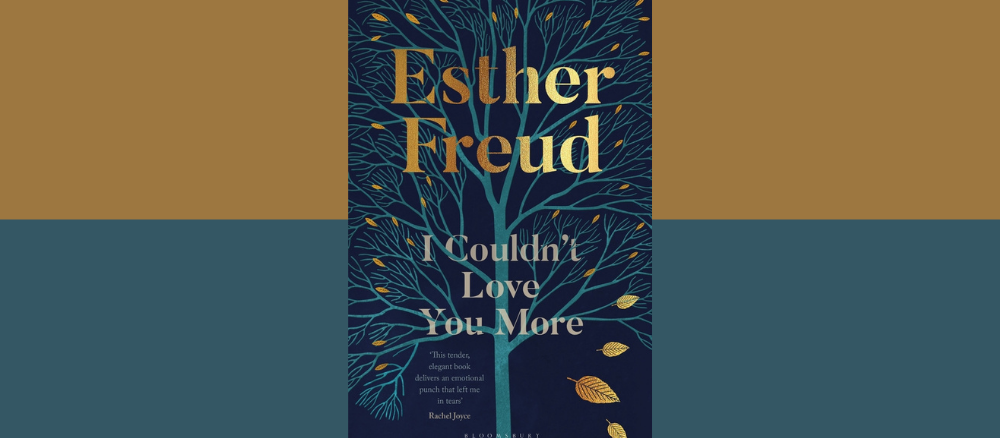
In English author Esther Freud’s latest novel, “I Couldn’t Love You More”, we, as readers, find ourselves catapulted between England and Ireland, beginning in 1939, and culminating in the 1990s. Our three female protagonists (Aoife, Rosaleen and Kate) are mother, daughter and granddaughter.
The time, place and circumstances each of our heroines – for they are all heroines, as they courageously and steadfastly traverse their own worlds – finds themselves leaves an indelible imprint on each of their lives. Aoife meets her future husband, Cashel Kelly, at a dance in Ilford in the United Kingdom, in 1939. Their subsequent marriage proves to be somewhat of a challenge for Aoife, as Cashel is sometimes abrupt and cantankerous. Despite Cashel’s flaws however, Aoife is devoted to him and self sacrificing, even to the end.
Teenage Rosaleen’s fate is irretrievably sealed when, in 1959, she comes across the much older and worldly Felix Lichtman in a French pub in Soho in London. As we are told, “Rosaleen knew Felix Lichtman was dangerous. That was what she liked about him.” Felix is an artist – a sculptor – who propels Rosaleen into a world of alternative decadence in London in this era. When Rosaleen finds herself pregnant, and then discovers the traitorous Felix already has a wife and child, she seeks help by going to a priest. He gives Rosaleen the contact details for a nuns’ residence (the Convent of the Sacred Heart) on the outskirts of Cork City in Ireland. The nuns are known to give assistance to young unwed, pregnant girls at this time.
Rosaleen contacts the nuns, and makes the journey by sea to Ireland. If Rosaleen thinks she will receive love and compassion from the nuns, she is sorely mistaken. The nuns are cold, uncaring and even hostile to Rosaleen and other girls in the “Home.” Rosaleen gives birth to a daughter she names Isabelle, is forced to relinquish all rights to her, and returns to England engulfed in grief and despair.
Kate resides in London in the 1990s with her husband, Matt, and young daughter, Freya. She teaches art to people on the fringes of society at a local centre, and struggles in her marriage to Matt, who is an alcoholic. Kate has known she is adopted since a teenager, and as time progresses, she summons up the courage to seek information on her birth mother. This leads to Kate and Freya finding themselves visiting the Convent of the Sacred Heart one rainy day.
Aoife, Rosaleen and Kate are all profoundly strong women, whilst also exhibiting shades of vulnerability. Esther Freud illustrates for us that the time and place in which we are born and live can affect the course of one’s life in turbulent and unique ways. Themes of loss, love and grief are displayed achingly in this novel. It provides the reader with insight into the dilemma of what to do in life when there is seemingly nowhere to turn. If you want to be transported to times and places that are at first glance quite different, but on closer inspection are not so dissimilar to the times we find ourselves in now, I recommend this book; a very informative and emotional read.


Leave a Reply